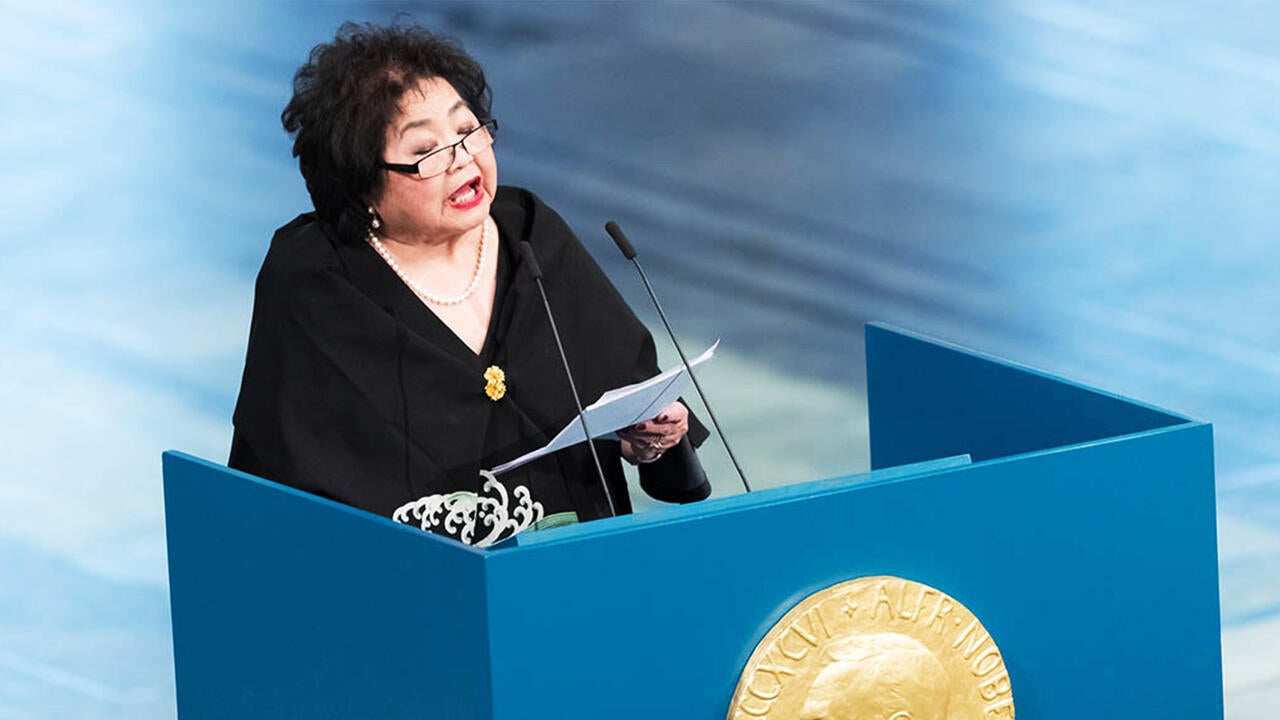
Activist and survivor of Hiroshima bombing among honourees at convocation
Co-recipient of Nobel Peace Prize Setsuko Thurlow will receive an honorary Doctor of Laws degree.

Co-recipient of Nobel Peace Prize Setsuko Thurlow will receive an honorary Doctor of Laws degree.
By Jennifer Konkle / Staff Conrad Grebel University College / University RelationsA leading figure in the organization that won the 2017 Nobel Peace Prize will be among the recipients of honorary doctorates at the University of Waterloo’s convocation. Close to 5,800 students will receive their degrees at 12 different ceremonies.
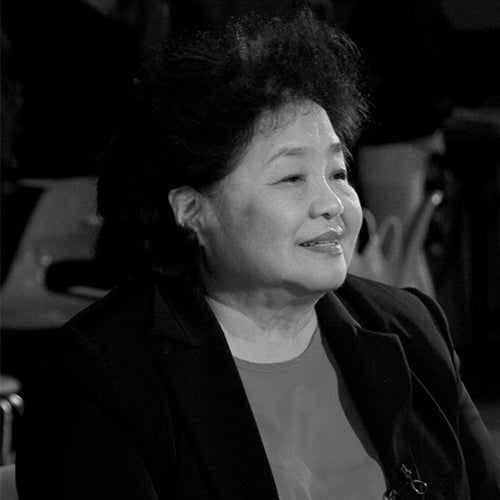
Setsuko Thurlow
On Wednesday, June 13 Setsuko Thurlow, an activist for peace and disarmament, will receive an honorary Doctor of Laws degree and address convocation during the Faculty of Arts ceremony. When the International Campaign to Abolish Nuclear Weapons (ICAN) won the Nobel Peace Prize, Thurlow accepted the award with ICAN’s executive director. Since surviving the atomic bombing of Hiroshima at the age of 13, Setsuko Thurlow has spent a lifetime advocating for a ban on nuclear weapons.
In the midst of convocation, Thurlow's advice to new graduates closely mirrors the direction she's taken with great undertakings in her own life.
“Go out to the world and change it for the better. It takes hard work, perseverance and determination—but you can do it," said Thurlow. "You are even more capable than you think.”
Given the University of Waterloo’s specialties in global peace, theoretical physics and other STEM fields of research, Director of the Centre for Peace Advancement Paul Heidebrechtan said an honorary degree for Thurlow is especially relevant.
“The world has entered a new and frightening era in which the posturing of nuclear powers makes the possibility of nuclear war more real than it has been for decades," said Heidebrechtan. "It is important that students understand the power of such weaponry by learning about Thurlow's story and her advocacy work.”
“Thurlow is a powerful example of resilience and hope for young people today,” added Dean of Conrad Grebel University College Marlene Epp. “This honorary doctorate signals Waterloo’s commitment to a research agenda that furthers peace in the world.”
Applied Health Sciences — Tuesday, June 12, 2018 at 10 a.m.
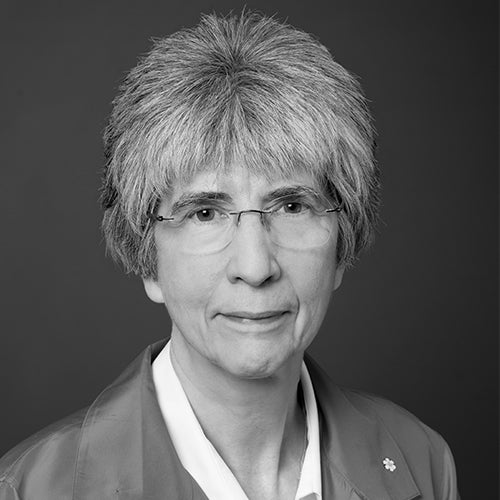
Sandra E. Black
Sandra E. Black received an honorary Doctor of Science degree and addressed convocation. A distinguished clinician scientist, Black is known around the world for her contributions to brain health. Her work in the area of dementia and stroke is at the forefront of advances in diagnosis, clinical assessment and treatment.
Environment — Tuesday, June 12, 2018 at 2:30 p.m.
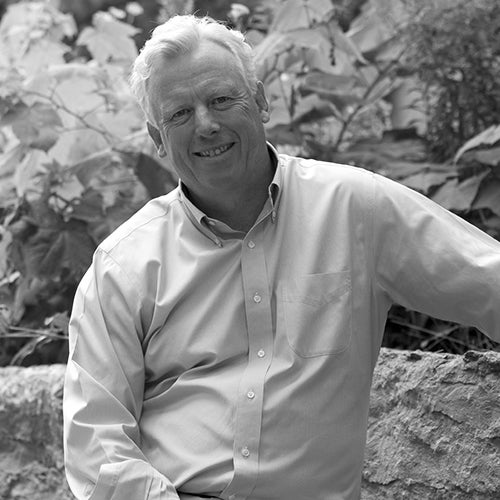
David R. Miller
David R. Miller received an honorary Doctor of Environmental Studies degree and addressed convocation. He is a leading advocate for sustainable urban economies and green jobs. Miller is currently North American regional director of the C40, a group of the world’s cities committed to addressing climate change. Miller was president and CEO of the World Wildlife Fund, and is a former mayor of Toronto.
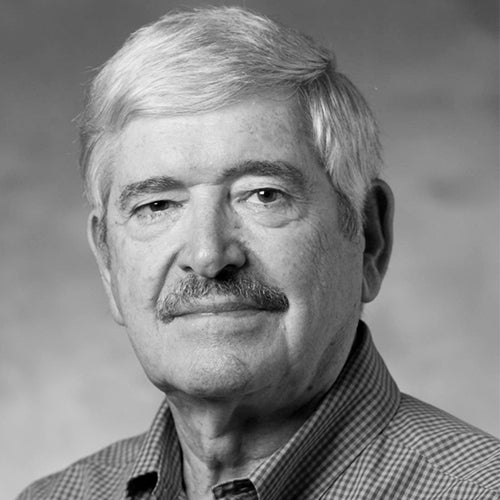
Curtis J. Richardson
Curtis J. Richardson will receive an honorary Doctor of Science degree and address convocation. He holds the John O. Blackburn Distinguished Professorship at the Nicholas School of the Environment and Earth Sciences at Duke University. He has led significant advances in the fundamentals of wetland science and advocated for the need for high-quality science in science-based policies and regulations in professional practice.
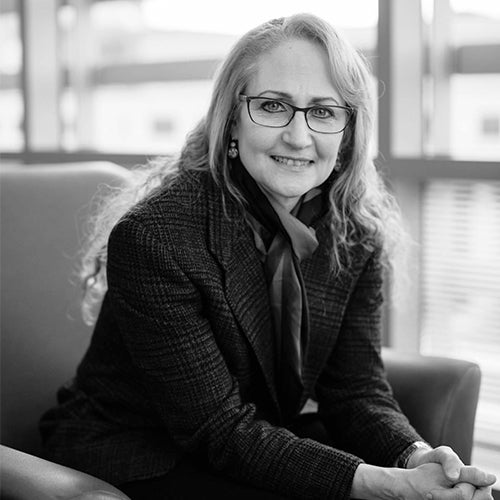
Jo Handelsman
Jo Handelsman will receive an honorary Doctor of Laws degree and address convocation. She is the Howard Hughes Medical Institute Professor and the director of the Wisconsin Institute of Discovery. Handelsman also served as associate director for science at the White House Office of Science and Technology Policy from 2014 to 2017.
Mathematics — Friday, June 15, 2018 at 10 a.m.
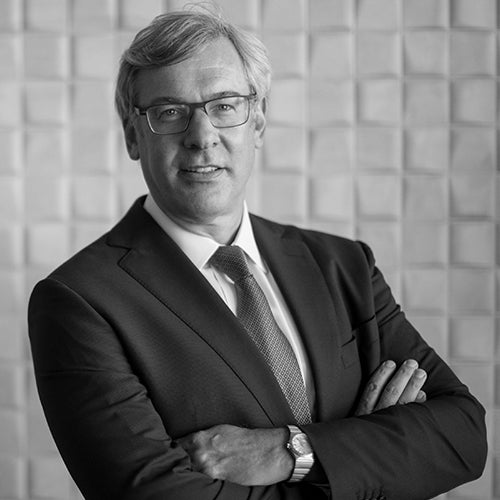
David I. McKay
David I. McKay will receive an honorary Doctor of Mathematics degree and address convocation. McKay, a Waterloo alumnus, is president and CEO of RBC, Canada’s largest bank. He helped transform the bank’s retail division and introduce new technology that has enabled RBC to adapt and evolve to rapidly changing consumer demands. He champions Canada’s innovation ecosystem and is leading RBC’s support for and partnerships with universities, startups and accelerators.
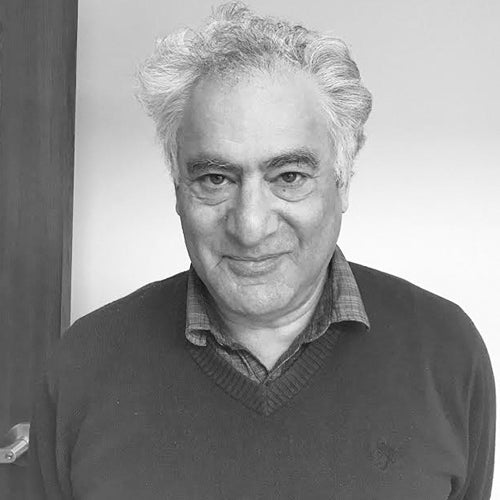
Anand Pillay
Anand Pillay will receive an honorary Doctor of Mathematics degree. His research is in model theory, a branch of mathematical logic, to which he has made profound and lasting contributions. He has been the William J. Hank Family Chair in mathematics at the University of Notre Dame since 2013.
Mathematics — Friday, June 15, 2018 at 2:30 p.m.
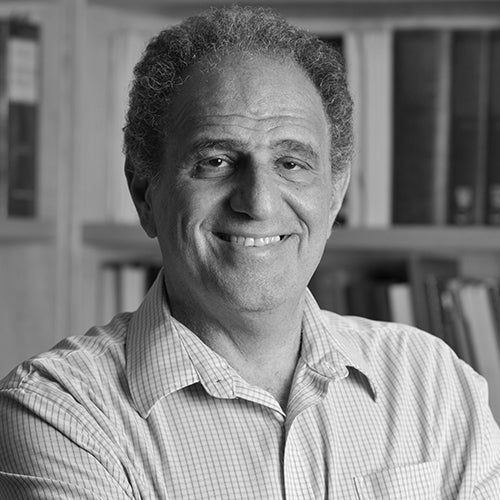
Robert Tibshirani
Robert Tibshirani, a Waterloo alumnus and among the top statisticians today, will receive an honorary Doctor of Mathematics and address convocation. His work has shaped the future directions of theoretical and applied statistics. He is a full professor at Stanford University, where he holds appointments in the Department of Biomedical Data Sciences and Statistics.
Engineering — Saturday, June 16, 2018 at 10 a.m.

Dean Kamen
Dean Kamen will receive an honorary Doctor of Engineering degree and address convocation. An inventor, entrepreneur and advocate for science and technology education, he founded FIRST, an organization dedicated to helping young people discover the wonder and rewards of science and technology.
Engineering — Saturday, June 16, 2018 at 2:30 p.m.
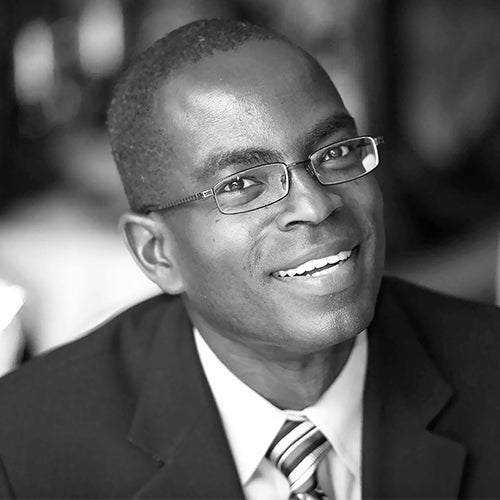
Patrick G. Awuah, Jr.
Patrick G. Awuah, Jr. will receive an honorary Doctor of Engineering degree and address convocation. He is the founder and president of Ashesi University College, a private, not-for-profit institution in Ghana. Awuah is contributing to a renaissance in Africa by educating a new generation of entrepreneurial leaders in Africa. He is a recipient of the MacArthur Fellowship and the McNulty Prize.

Read more
Here are the people and events behind some of this year’s most compelling Waterloo stories

Read more
Meet five exceptional Waterloo graduate students crossing the convocation stage as Class of 2025 valedictorians

Read more
As we prepare to celebrate Fall 2025 convocation this week, I would like to extend my heartfelt congratulations to our class of 2025.
The University of Waterloo acknowledges that much of our work takes place on the traditional territory of the Neutral, Anishinaabeg, and Haudenosaunee peoples. Our main campus is situated on the Haldimand Tract, the land granted to the Six Nations that includes six miles on each side of the Grand River. Our active work toward reconciliation takes place across our campuses through research, learning, teaching, and community building, and is co-ordinated within the Office of Indigenous Relations.